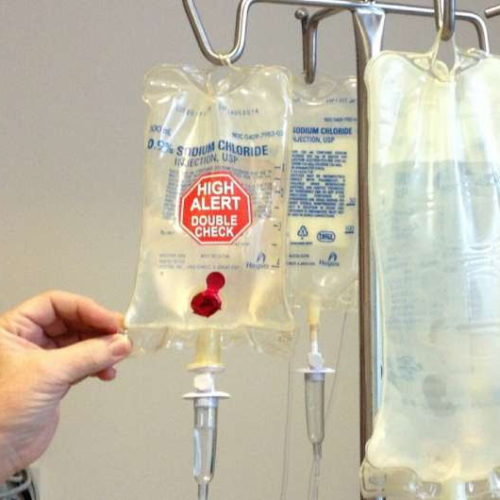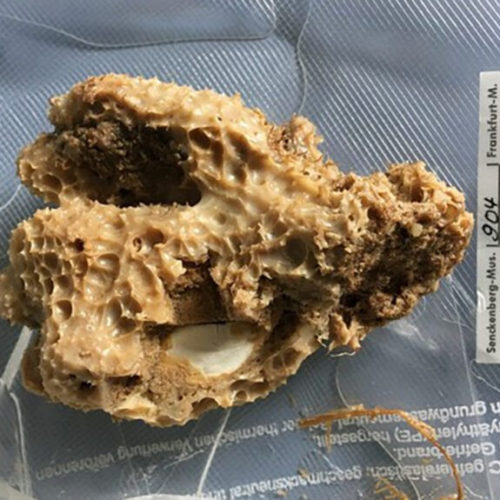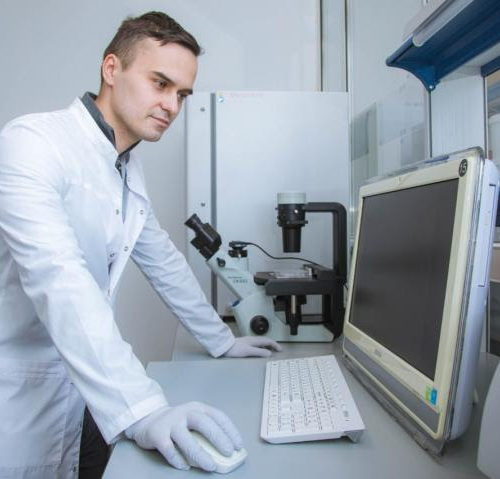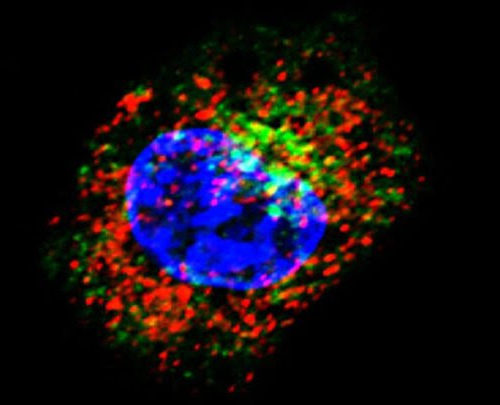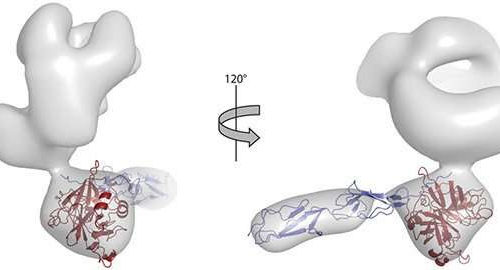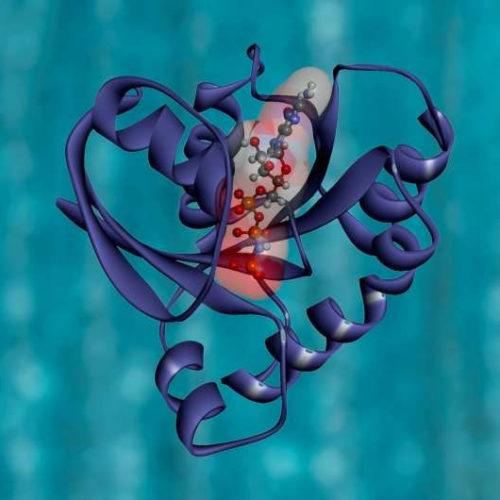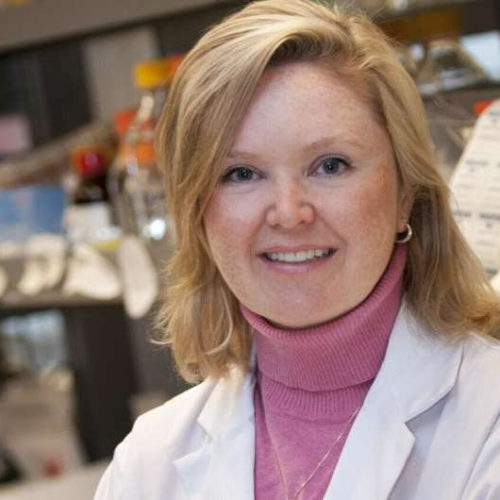by Weill Cornell Medical College Credit: CC0 Public Domain Cancer cells can dodge chemotherapy by entering a state that bears similarity to certain kinds of senescence, a type of “active hibernation” that enables them to weather the stress induced by aggressive treatments aimed at destroying them, according to a new study by scientists at Weill Cornell...
Tag: <span>cancer cells</span>
Compound isolated from sea sponge fights cancer cells
The ocean is home to powerful chemicals that may help treat cancer, researchers suggest. Photography by Dr. John Hooper Scientists believe novel chemicals with the potential to cure human illness may be found in the ocean. Researchers chemically synthesized a compound that had been isolated from a sea sponge. The compound — 3,10-dibromofascaplysin — was tested on various prostate...
A new strategy to destroy cancer cells using magnetic nanoparticles and fields
IMMANUEL KANT BALTIC FEDERAL UNIVERSITY IMAGE: ONE OF THE AUTHORS IS WORKING CREDIT: IKBFU Scientists from Scientific and Educational Center «Smart Materials and Biomedical Applications» under the leadership of Kateryna Levada together with colleagues from Center for Immunology and Cellular Biotechnology of the Immanuel Kant Baltic Federal University conducted a joint interdisciplinary study on the...
How a little-known glycoprotein blocks a cancer cell’s immune response
by University of Michigan The interaction between STC1 and calreticulin. Credit: University of Michigan Rogel Cancer Center It was an unexpected discovery that started with an analysis of more than 1,000 genes. The question: why game-changing cancer immunotherapy treatments work for only a fraction of patients. The analysis shone a light on one that popped up...
How a Little-Known Glycoprotein Blocks a Cancer Cell’s Immune Response
It was an unexpected discovery that started with an analysis of more than 1,000 genes. The question: why game-changing cancer immunotherapy treatments work for only a fraction of patients. The analysis shone a light on one that popped up repeatedly in patients and mouse models that did not respond to immune checkpoint therapy: stanniocalcin-1, a...
How a cancer drug carrier’s structure can help selectively target cancer cells
TOKYO UNIVERSITY OF SCIENCE The main culprit in cancer is healthy cells that have gone rogue and acquire the ability to divide uncontrollably. These cells acquire growth advantages over normal cells and manipulate their environment by altering the cellular pathways involved in growth and metabolism. Over the past few decades, various altered pathways and proteins...
Research team discovers new control mechanism in the innate immune system
by Lisbeth Heilesen, Aarhus University Researchers from Aarhus University have discovered that ITIH4 inhibits proteases in the innate immune system via an unknown mechanism. Credit: Rasmus Kjeldsen Jensen. Although the protein ITIH4 is found in large amounts in the blood, its function has so far been unknown. By combining many different techniques, researchers from Aarhus University have discovered that...
Proteomic analysis reveals when and how which proteins are degraded in cancer cells by autophagy pathways
by Karolinska Institutet Credit: Unsplash/CC0 Public Domain A fundamental process by which cellular components are degraded is autophagy. Defects in autophagy pathways are strongly associated with multiple human diseases, including neurodegenerative disorders and cancer. Despite their importance, to date, a comprehensive characterization of the extent and selectivity for Autophagic degradomes has remained largely uncharacterized. Researchers at Karolinska Institutet...
Cancer cells hibernate like bears to evade harsh chemotherapy
by University Health Network In the first of its kind research, Princess Margaret Scientist Dr. Catherine O’Brien identified an ancient, evolutionary survival mechanism co-opted by cancer cells to survive the harsh environment of chemotherapy. Credit: Visual Services, University Health Network Tapping into an ancient evolutionary survival mechanism, cancer cells enter into a sluggish, slow-dividing state to...
Discovery about how cancer cells evade immune defenses inspires new treatment approach
MEMORIAL SLOAN KETTERING CANCER CENTER Cancer cells are known for spreading genetic chaos. As cancer cells divide, DNA segments and even whole chromosomes can be duplicated, mutated, or lost altogether. This is called chromosomal instability, and scientists at Memorial Sloan Kettering have learned that it is associated with cancer’s aggressiveness. The more unstable chromosomes are,...

